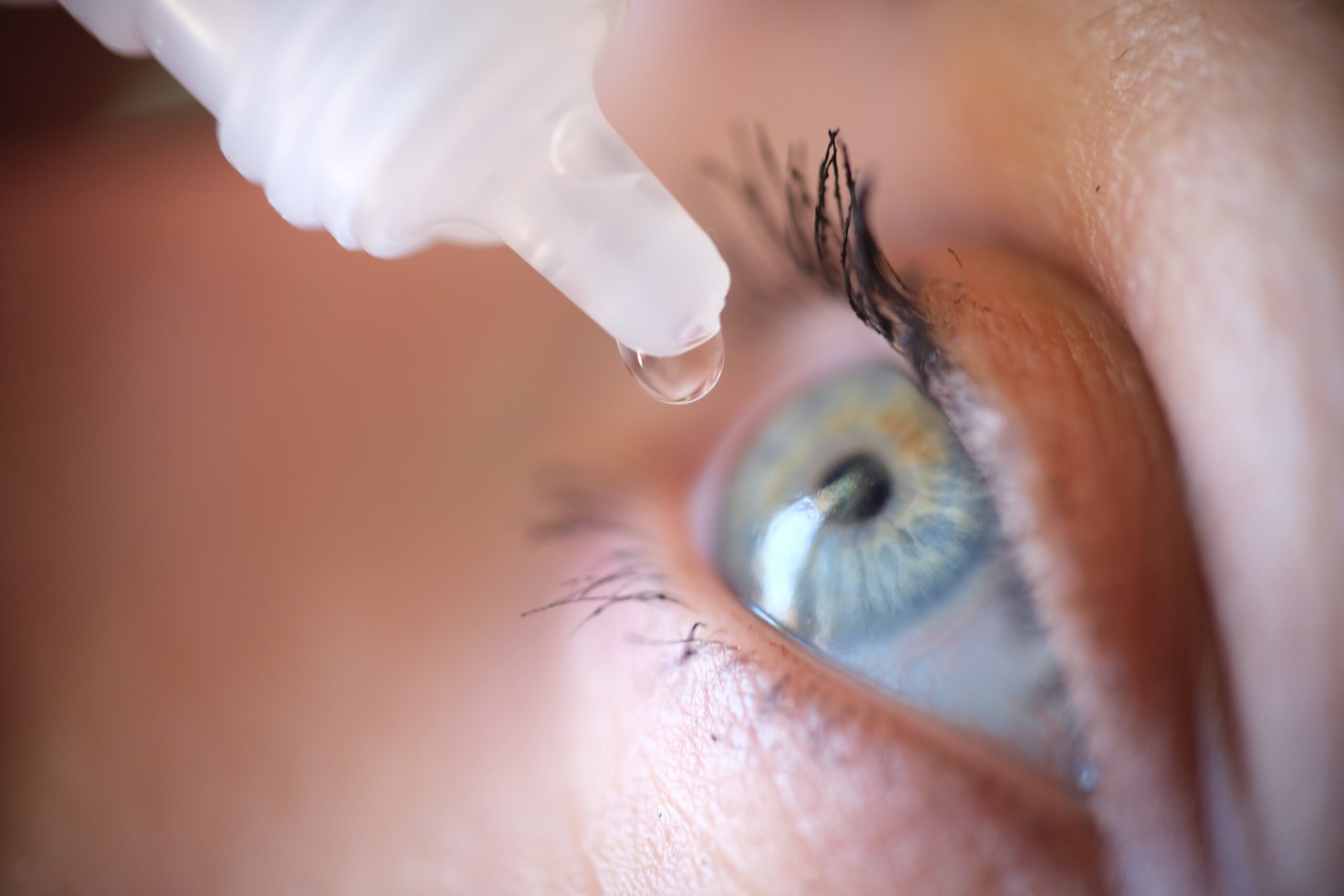
Health News
Features
-
Don’t Ignore the Pain of Mental Health Disorders
by KAILYNN BANNON Sponsored by Central Florida Health Care Good physical health is important for a long and happy life, but the role that mental health also plays cannot be forgotten. Taking a proactive approach is vital to keeping a healthy mental state. Doctors want to emphasize the benefits of regularly taking a look at…
-
Taking the Pulse of Polk Healthcare
Access and Population Growth Emerge as Top Challenges at Forum by PAUL CATALA During a recent forum on healthcare issues affecting Lakeland and Polk County, key players in the health community came together to share insight and perspective. About 80 guests attended “Let’s Talk Lkld: Health Care” on March 26 in the Hollis Cancer Center…
-
Angels Among Us
Healthcare Facilities Honor Nurses Who Have Gone Above, Beyond Nurses are the backbone of our healthcare system, caring for physical and mental health alike. Learn more about some of the outstanding nurses in Polk County, including insight into why they chose the profession and what it means to be a “good nurse.” AdventHealth Heart of…
Columns
-
Understanding Abdominal Aortic Aneurysm
An aneurysm is a weakening or dilatation in a part of an artery. About 15,000 people die of ruptured abdominal aortic aneurysm (AAA) every year in the U.S. About 200,000 new cases of AAA are diagnosed every year. Most of these are diagnosed by tests that are done for unrelated reasons. The aorta is the…
-
A Guide to Over-the-Counter Artificial Tears for Dry Eye
by Chelsea Hollier, O.D. Dry eye disease, also known as Keratoconjunctivitis Sicca, is a prevalent condition characterized by insufficient tear production (aqueous deficient dry eye) or poor tear quality (evaporative dry eye). It affects millions worldwide, leading to discomfort and irritation. Fortunately, over-the-counter (OTC) artificial tears provide relief and aid in managing symptoms. Dry eye…
-
3 Options for Thoracic Aortic Aneurysm Management
In the previous two columns, I discussed aneurysms that occur in the aorta situated in the chest cavity. In this article, I will explain the various types of treatment options available for those thoracic aortic aneurysms. In general, outcomes favor endovascular repair over open repair as open repair is associated with higher rates of morbidity…





